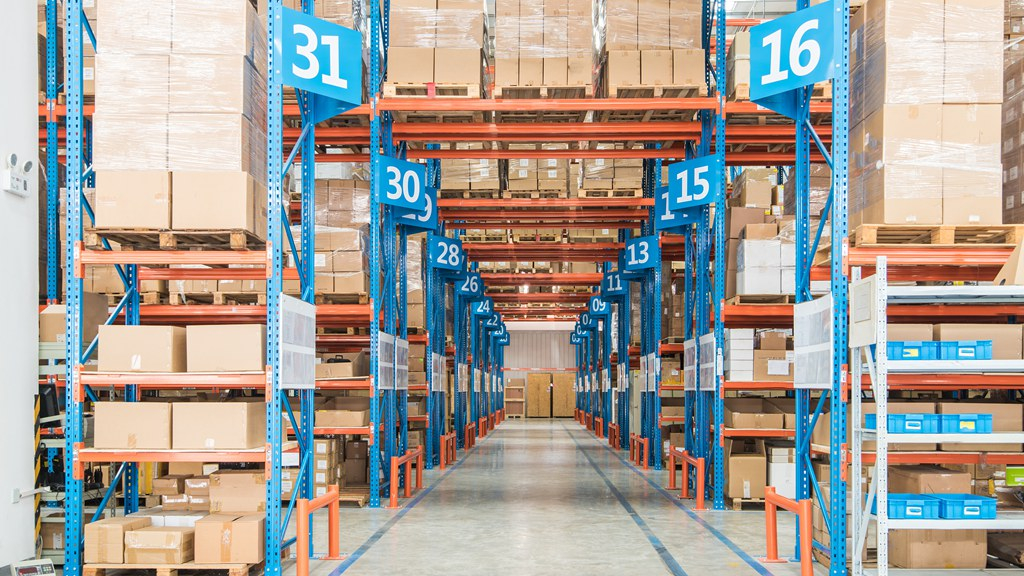03:06

The COVID-19 outbreak dealt a blow to companies big and small across the world. However, many firms in China have resumed operation, like Honeywell, the U.S.-based industrial conglomerate. Scott Zhang, China president of Honeywell, said a vital lesson that the company concluded from COVID-19 raging worldwide is the importance of speeding up digital transformation.
China's march toward digital transformation
Zhang said the COVID-19 outbreak has given the company a lot of new ideas and thinking on how to speed up digital transformation, and he believes that the pandemic will drive the whole nation to go digital.
"Digital transformation is the area that Honeywell has heavily invested in for many years. So we hope that there will be new solutions to do our manufacturing, new way to do planning, mobilize our ideas and people, and enhance our advancement. All these efforts will accordingly help the local economy to grow," Zhang further elaborated.
Honeywell has listed digital transformation as priority in development during recent years, in a bid to create a smart, convenient future for its customers. The company plans to apply IIoT (Industrial Internet of Things) technologies designed to optimize e-commerce operations and advance digital transformation of retail, transportation, logistics, supply chain and warehousing sectors.
Specifically, take the "smart supply chain solutions" for example, Honeywell listed that connected logistics and intelligent warehousing are the key factors influencing the digital transformation of new retail-related enterprises.
Accordingly, for future plans in China, the company aims to continue to conduct mergers and acquisitions in the smart supply chain sector, while strengthening cooperation with integrator. Besides, the company also vows to increase research and development efforts to continuously improve end-to-end supply chain solution.
Honeywell moved its corporate headquarters for the Asia-Pacific to Pudong Shanghai from Singapore in 2003, as part of its business strategy to capitalize on growth opportunities across the region.
Talking about the company's long-term strategy in China, Zhang said it would stay on its core businesses, which includes aerospace, energy, chemicals, and home building – that is also called the smart buildings. "And in addition, we also look at the safety and productivity, those will continue to be our core focus areas," Zhang added.
The company has come up with a corporate plan named "China 2030," which will adjust the company's future strategies and prepare itself to be part of the picture where China is going in the next decade, especially with respect to the digital economy.
Zhang reiterated that the company's determination to go digital, "Digital can apply in all core businesses, like smart plan, smart home and smart building. We also use some of the digital technology to safety equipment."
Don't panic during the pandemic
Honeywell China has gone through the entire process of having to suspend and later on resume operations. Zhang said the experiences that it has gathered during this period that could help businesses in other countries and regions, and could be concluded as two aspects.
"The lessons or experience we generated over last three months is first of all, don't be panic, as we need to face the current situation and the reality. And the second is we need to be very well-organized," Zhang said.
Honeywell has 21 factories in China, four factories in Shanghai have resumed operation since February 10, and the company's official website said all of these 21 factories resumed operation since February 20.
According to Zhang's introduction, Honeywell China has formed an emergency response team to carefully plan the company's production resumption. The team handled employees' work plan, supply chain, and resource management.
Another vital lesson is to meet government's requirements, that's because before the companies resume the production, they need to get the government approval. "We were fully prepared to meet the government requirements. Safety is our number one priority. We make sure our employees are safe and our working environment is safe. So we pass the government approval immediately," Zhang added.